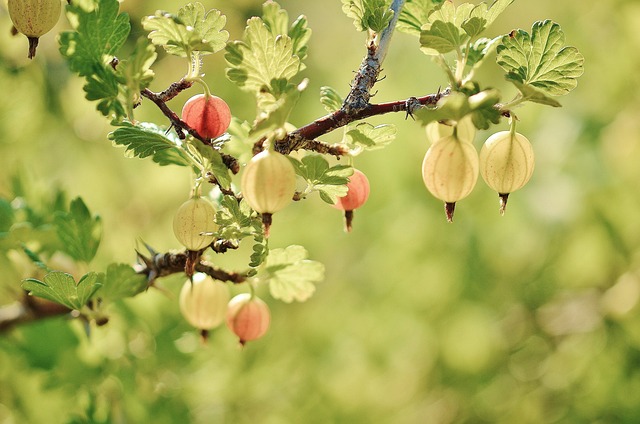From Farm to Fermentation: Exploring the World of Probiotic Foods and Drinks
The world of probiotics is one that proudly touts the benefits of cultivating a healthy gut. Probiotics are live bacteria and yeasts that are good for our digestive system. They can be found in a variety of foods and drinks, all of which undergo a fascinating journey from farm to fermentation.
The Source: Farms and Gardens
Probiotics can find their origins in various farms and gardens. A wide array of fruits and vegetables serve as a base for probiotic-rich products. Think of leafy greens, cruciferous vegetables like broccoli and cauliflower, and fruits such as apples and berries.
Farmers carefully cultivate these crops, ensuring they are free from harmful chemicals and pesticides. By prioritizing organic farming techniques, they create a fertile ground for probiotic bacteria to thrive.
The Fermentation Process
Once harvested, these fresh ingredients make their way to the fermentation process. This is where the magic happens. Fermentation is a natural process that has been used for centuries, playing a vital role in food preservation and flavor enhancement.
During fermentation, the sugars and carbohydrates in the food are converted into acids, gases, or alcohol. This transformative process occurs through the action of beneficial microorganisms like bacteria and yeast. In the case of probiotic foods, specific strains of bacteria are intentionally added to the mix.
Common fermentation methods include lactic acid fermentation and yeast fermentation. Lactic acid fermentation involves lactobacilli bacteria, which convert carbohydrates into lactic acid. This process is responsible for the tangy flavor found in foods like yogurt, sauerkraut, and kimchi. On the other hand, yeast fermentation is responsible for creating delicious beverages like kombucha and kefir.
The Probiotic Power
Once the fermentation process is complete, these foods and drinks become rich in probiotics. These beneficial bacteria have the potential to positively impact our health.
Probiotics contribute to a healthy gut flora by promoting the growth of good bacteria and inhibiting the growth of harmful bacteria. They help maintain a balanced digestive system, aid in nutrient absorption, and support our immune function. Research also suggests that probiotics may play a role in reducing the risk of certain diseases, improving mental health, and supporting weight management.
Exploring Probiotic Foods and Drinks
The world of probiotic foods and drinks is diverse and ever-expanding. Let’s take a closer look at some popular examples:
Yogurt:
Yogurt is one of the most well-known probiotic foods. Made by fermenting milk, yogurt contains live cultures of bacteria like Lactobacillus bulgaricus and Streptococcus thermophilus. It is a versatile ingredient that can be enjoyed plain or incorporated into sweet and savory dishes.
Sauerkraut:
Sauerkraut is a traditional fermented cabbage dish that originated in Germany. It is made by mixing shredded cabbage with salt and allowing the natural bacteria on the cabbage leaves to initiate fermentation. The end result is a tangy and flavorful condiment that goes well with sausages, sandwiches, and salads.
Kombucha:
Kombucha is a fermented tea beverage that has gained popularity in recent years. It is made by fermenting sweetened tea with a SCOBY (Symbiotic Culture of Bacteria and Yeast). The result is a lightly effervescent drink with a slightly sour taste. Kombucha comes in a variety of flavors and is often enjoyed as a refreshing alternative to sugary sodas.
Kefir:
Kefir is a fermented milk drink that originated in the Caucasus region. It is made by adding kefir grains to milk, which contain a combination of bacteria and yeast. The fermentation process gives kefir a slightly tangy and creamy texture. Kefir can be enjoyed on its own, blended into smoothies, or used as a base for dressings and dips.
Conclusion
From farm to fermentation, the journey of probiotic foods and drinks is a fascinating one. These products start as fresh ingredients cultivated with care and end up as delicious and gut-friendly delicacies.
By incorporating probiotics into our diets, we can support our gut health and overall well-being. So, the next time you indulge in a spoonful of yogurt or sip on a tangy kombucha, remember the journey these probiotic powerhouses







